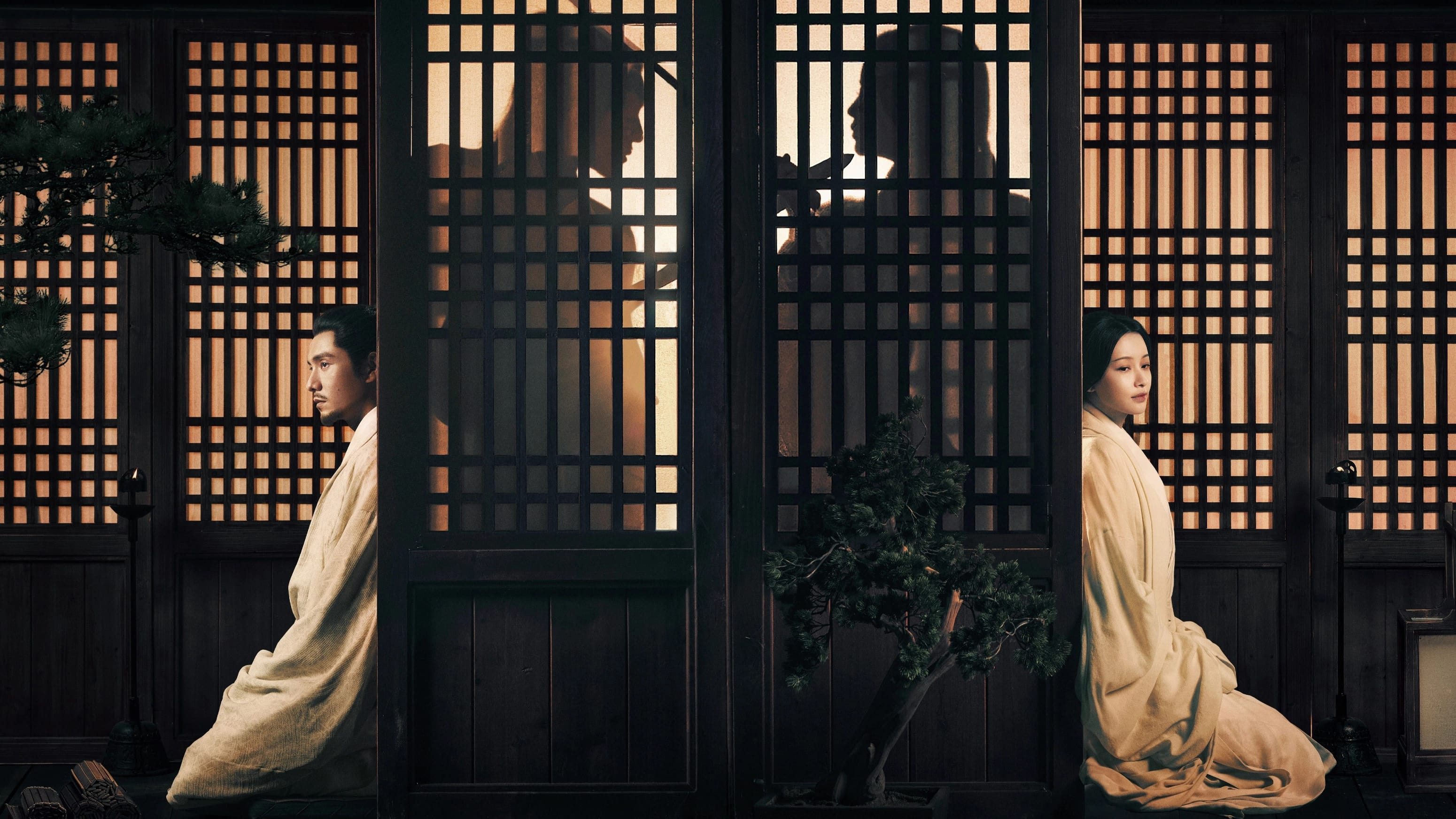“Two men talking in a room” is what you’ll get in 60% of the show. 25% of the show features more than two men, but no more than ten, or a man and a woman talking in a room. And the other 10% are two or more men talking outside… well, you get the idea. In short, that’s what you’ll see most of in The Wind Blows From Longxi . And it’s also one of the show’s most unique appeals.
Longxi checks all my personal boxes for what I like about dramas—great acting, true historical events, a tight plot, treacherous politics, and no annoying romance. It’s one of my all-time favorites, if not my all-time favorite. Overall, Longxi is about spies during the Three Kingdoms period. Chen Gong is a veteran Shu field agent embedded in Wei. A major military campaign against Wei goes terribly wrong because of faulty intel provided by Chen Gong. How does that happen? Where do Chen Gong’s true loyalties lie? These are the questions that Chen Gong’s sworn brother and brother-in-law, Xun Xu (also an Intel veteran), are brought in to investigate. If you’ve read The Tao of Spycraft or Ralph Sawyer’s other books on ancient Chinese warfare, many of the espionage methods and tactics in this show will be familiar. Since defection and double agents are common in espionage, one question is whether the defection is real or merely a fabrication to gain the enemy’s trust. That’s a key issue in this show, as the poster title 谋中谋计中计 (“Scheme within a Scheme; Plan within a Plan”) implies.
Plot: A beautiful plot that doesn’t compromise on credibility. The least headache-inducing way to follow the plot of this show is to ask whose interests are currently aligned with whom. Without giving too much away about what happens (because that would really ruin everything), the whole plot revolves around the loyalties of various players at the highest and lowest levels of society in the conflict between Shu and Wei. The plot is complex, but doesn’t really tie your brain together until the episode hits the teens. Thankfully, ep. 21 onwards provides the clarification you need. If you get lost, there are 5-minute “Cliff’s Notes” at the end of each episode that summarize the major developments. However, you’re pretty much on your own when it comes to the finer points that the synopsis doesn’t cover. The final resolution is elegant and funny, and I’m glad the team didn’t end on a happier note. That wouldn’t have been nearly as satisfying.
Script: The script doesn’t waste any time getting the show off the ground, although it does seem to be going a little slow in the first episode (it’s important background context and sets the scene for everything else). Overall, it’s just the right length at 24 episodes. Since this is a spy-plus-politics drama, most of the real action takes place behind closed doors, with bearded, middle-aged men plotting and contemplating over cups of tea. The dialogue is well-politicized and worth following closely. We are placed on the scene as various players abandon old loyalties and forge new ones, and have their loyalties tested by their new masters. One such scene is where Feng Ying (the Shu spymaster) seeks out Li Yan (the Shu general), who was previously from an internal “enemy” faction, to pledge allegiance to Li Yan. Feng Ying tries to get on Li Yan’s good side to protect himself from Li Miao (the Shu “temporary central official”), who also works for Li Yan but wants to turn Feng Ying into a scapegoat for his own political ends. Li Yan seems to believe this is Feng Ying’s fabrication and is testing him, but goes along with it because it benefits him in the short term. I also like how there are few flashbacks. The ones in Long Xi are short and moving without being too sentimental; I especially love where a ball at the door causes a poor Guo Gang to reminisce about playing cuju (蹴鞠?) with Chen Gong in the rain. Another thing that is interesting is the use of fairly action scenes. Since Long Xi is about politics and intellectuals, there are only a few short action scenes (mostly military conflicts). Then in ep 23, viewers are treated to the show’s only extended sword fight sequence with Chen Gong. The outburst of pure violence and rage in this sequence makes this scene the pinnacle of Longxi’s emotional arc. Chen Gong, like any good field agent, has iron self-control. At worst, he has a quiet breakup in private, then quickly starts working together again. But in that sword fight scene, he lets it all out. It’s a moment of pure catharsis for the characters that sets the stage for the finale. Truly one of the best moments in an already great show.
Themes: Longxi’s two main themes are (1) the moral neutrality of politics and (2) human relationships are double-edged swords. The life-and-death political struggle between Zhuge Liang and Li Yan is not a good one.
.png)


